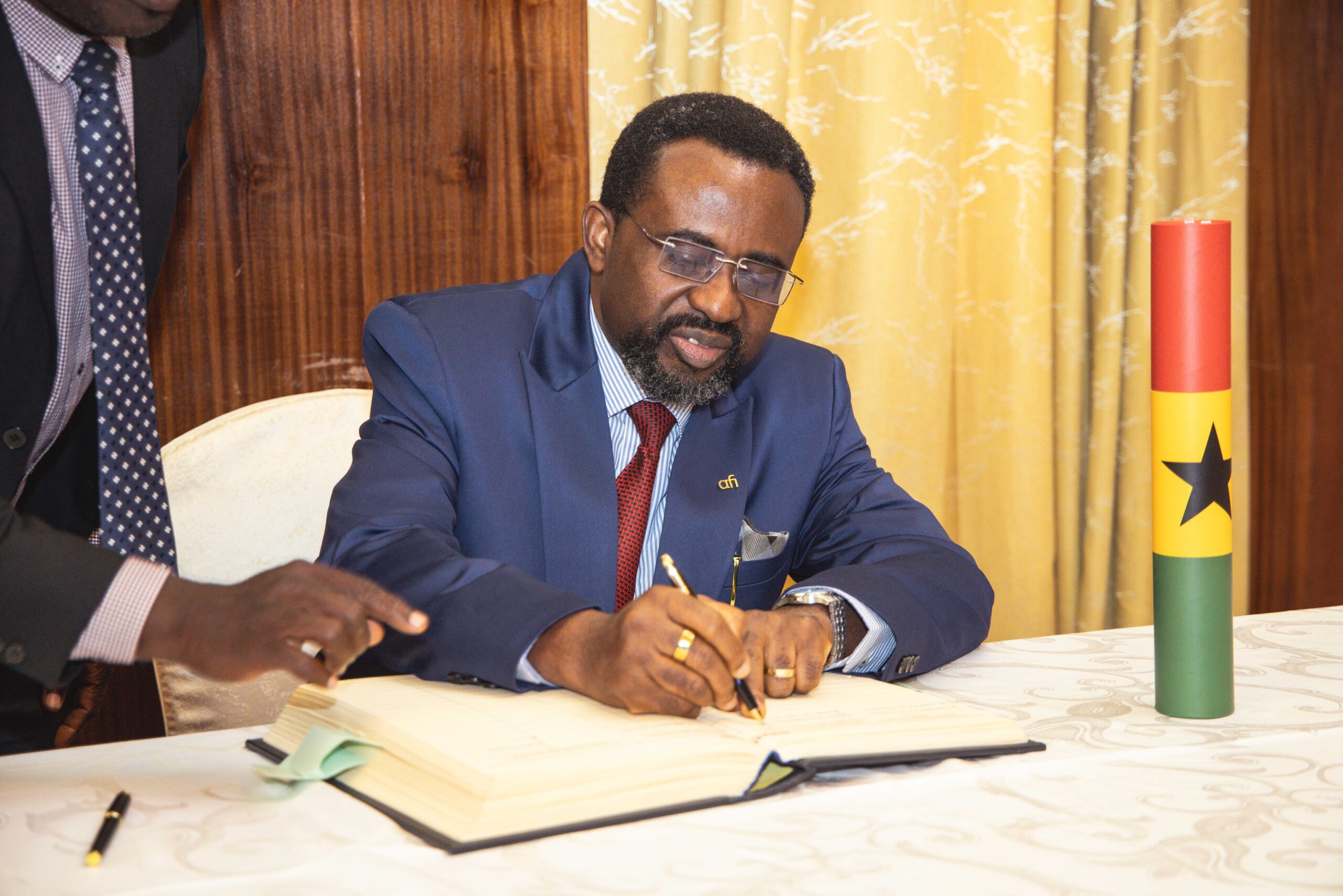The Monetary Policy Committee of the central bank has by a majority decision, decided to raise the Monetary Policy Rate by 100 basis points to 28.0 percent to re-anchor the disinflation process with the belief that when inflation is firmly anchored, the Committee will reassess the scope for a gradual easing in the policy stance.
In addition to the adjustment in the policy rate, the Bank as part of operational measures has also decided to implement complementary measures to strengthen liquidity management and enhance monetary policy transmission.
In this regard, the Bank will introduce a 273-day instrument to augment the existing sterilization toolkit as well as to intensify the monitoring of banks’ Net Open Positions (NOPs) to ensure compliance as it set out to review the current structure of the Cash Reserve Ratio (CRR) to assess its broader impact on liquidity conditions and financial intermediation in the economy.
Communicating the MPC’s decisions to the public at a news conference in Accra after the 123rd Monetary Policy Committee (MPC) Meeting from Monday, March 24, 2025, to Wednesday, March 26, 2025, to review developments in the economy the Governor, Dr. Johnson Asiam noted that the global environment has become more challenging, reflecting trade and economic policy uncertainty.
He said, the series of tariffs announced by the U.S. administration is evolving and may have negative effects on the global economy, and “these developments have already triggered downgrades in GDP growth forecasts in the two largest economies—U.S. and China—and turn, global growth. In addition, the disinflation process appears to have stalled in some countries, while financial conditions remain broadly restrictive as central banks slow the pace of monetary policy easing. The persistence of these external headwinds may spill over to the domestic economy through the trade and financial channels, highlighting the need for policy to remain proactive”.
On the domestic front, he added that early indications point to improved growth prospects-the Bank’s CIEA rebounded, and the Ghana Purchasing Managers’ Index moved above the 50 benchmark in February, implying increases in new orders by companies. Both business and consumer confidence have improved, and private recovering. These developments suggest a positive outlook for the economy.
On the issue of headline inflation, Dr. Asiam acknowledged marginal but “it remains a concern” because both food and non-food inflation are significantly above expectation, and core inflation remains elevated- “while food inflation was driven largely by supply-side factors, preventing second-round effects from such increases will be essential. The persistent inflation dynamics over the past year, partly driven by both fiscal and monetary policy missteps, will require a policy reset to re-anchor the disinflation process”.
“To restore price stability going forward will require a tight monetary policy stance, strong liquidity management, and commitment to the 2025 budget which seeks to reset the fiscal consolidation process”, the Committee stressed.






































